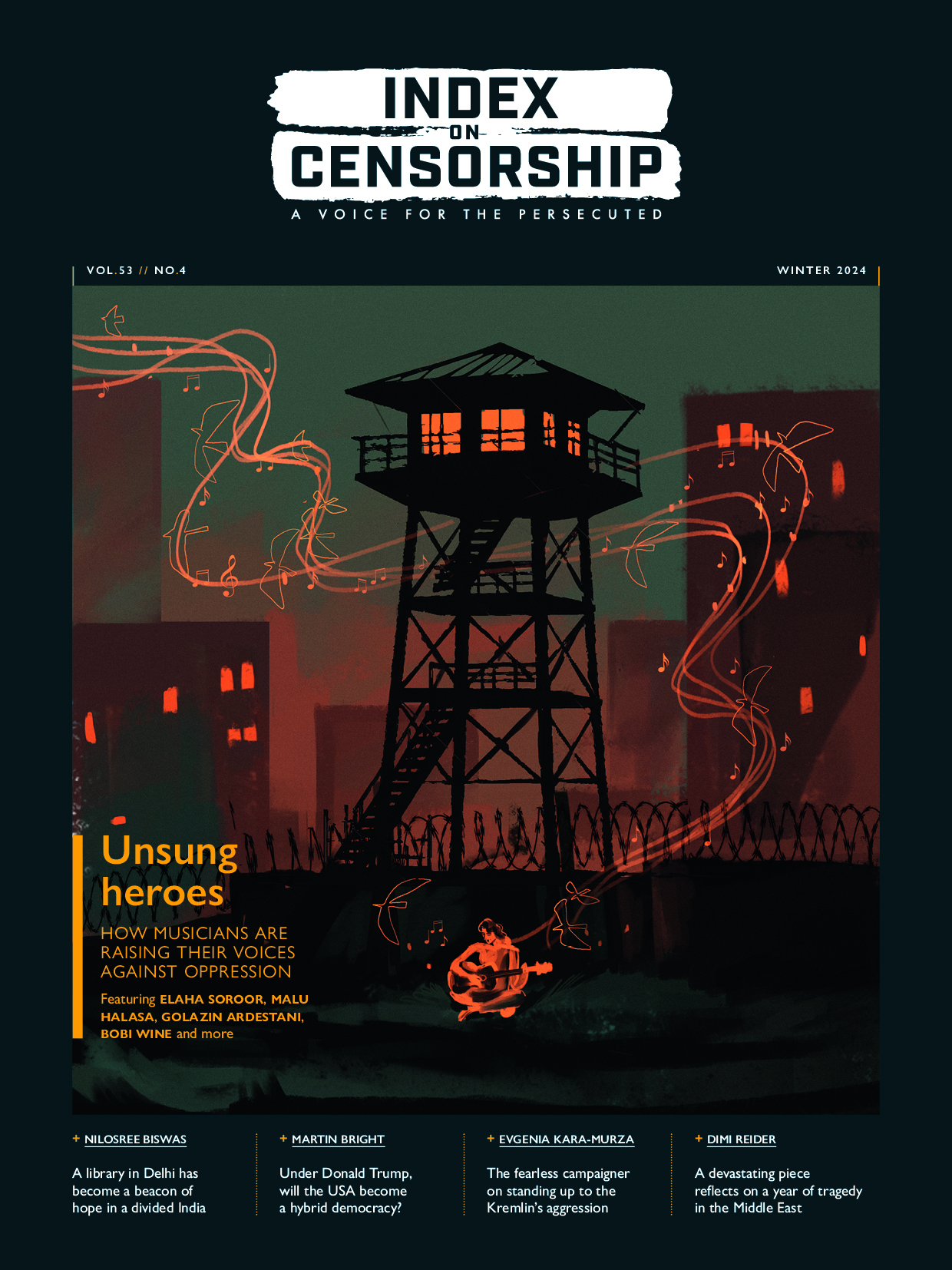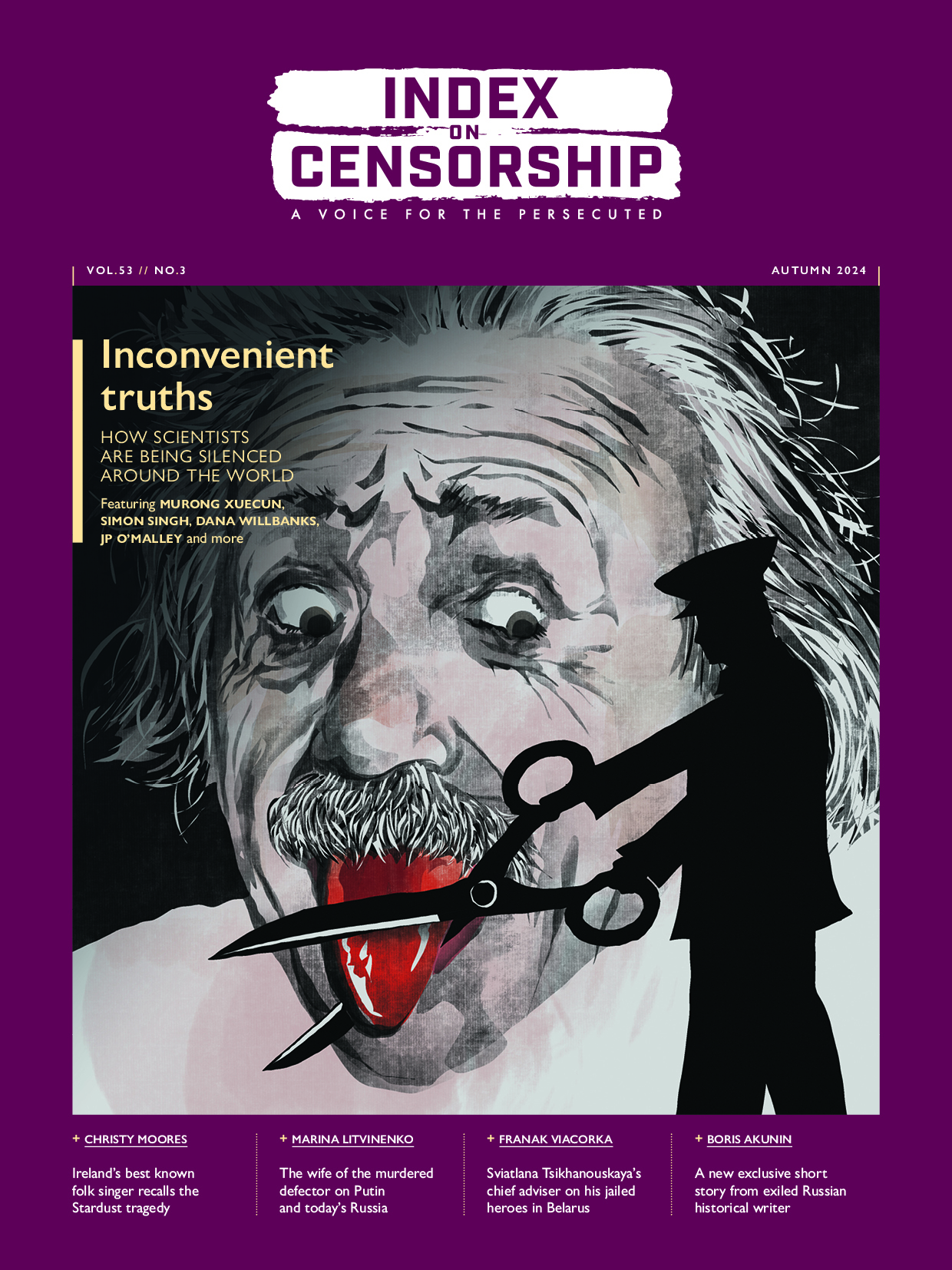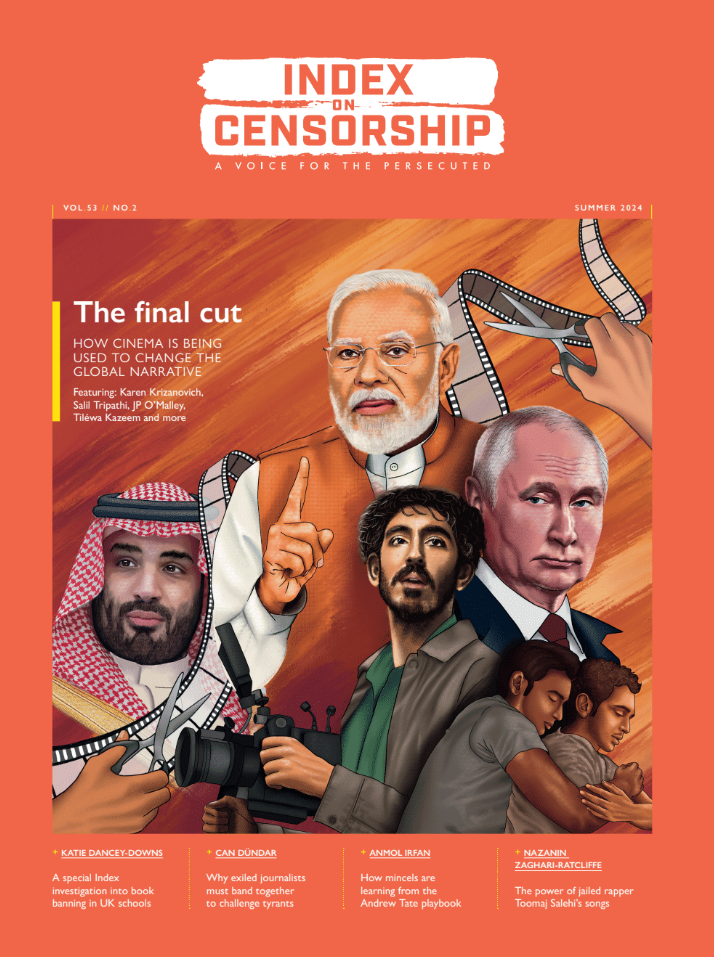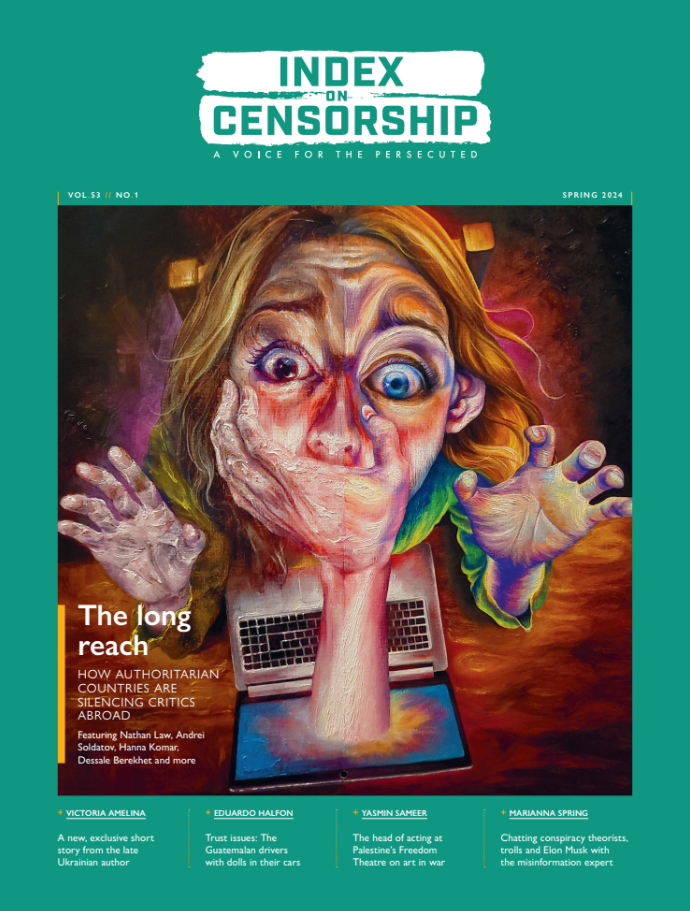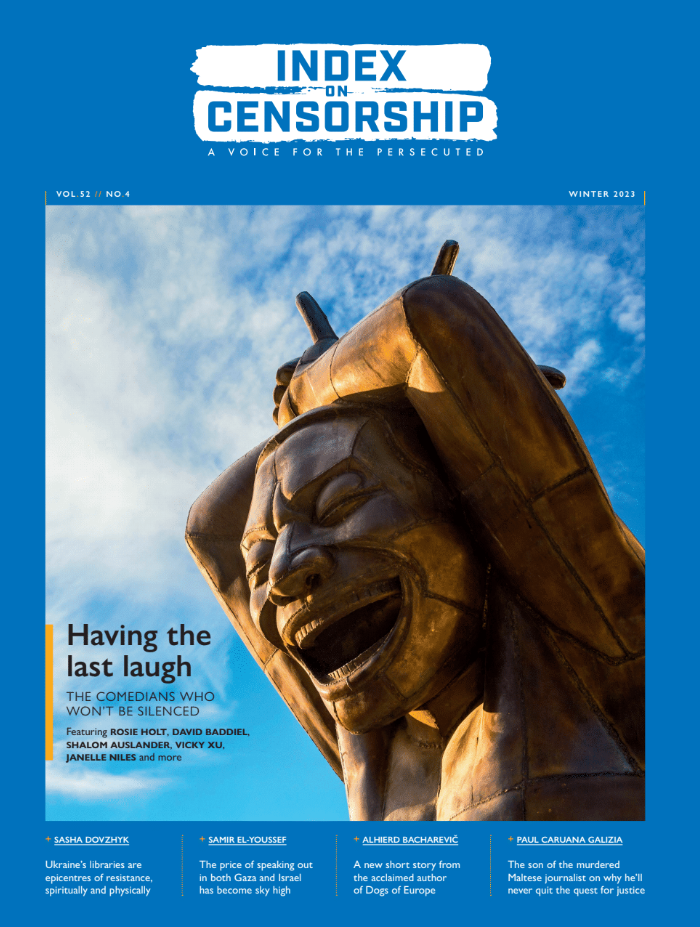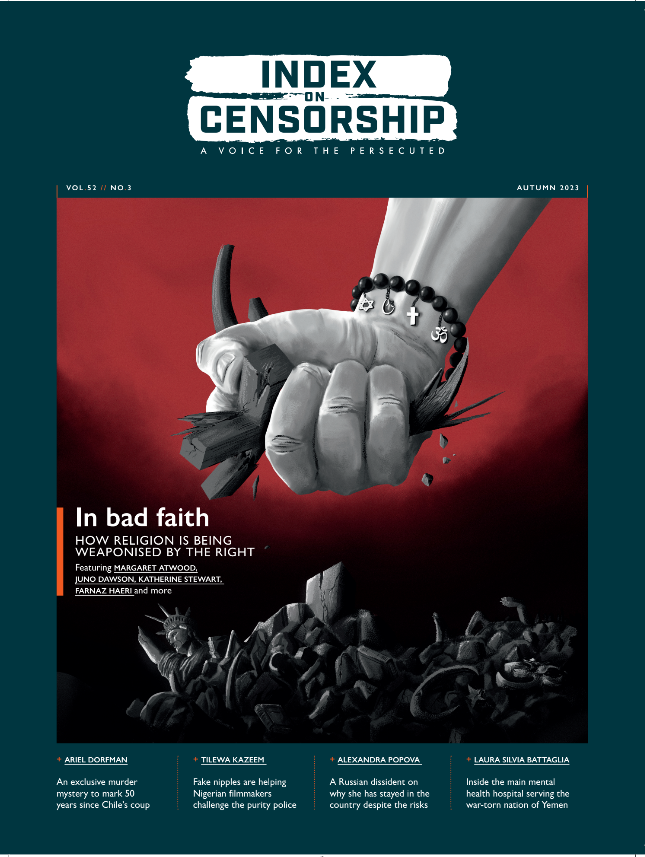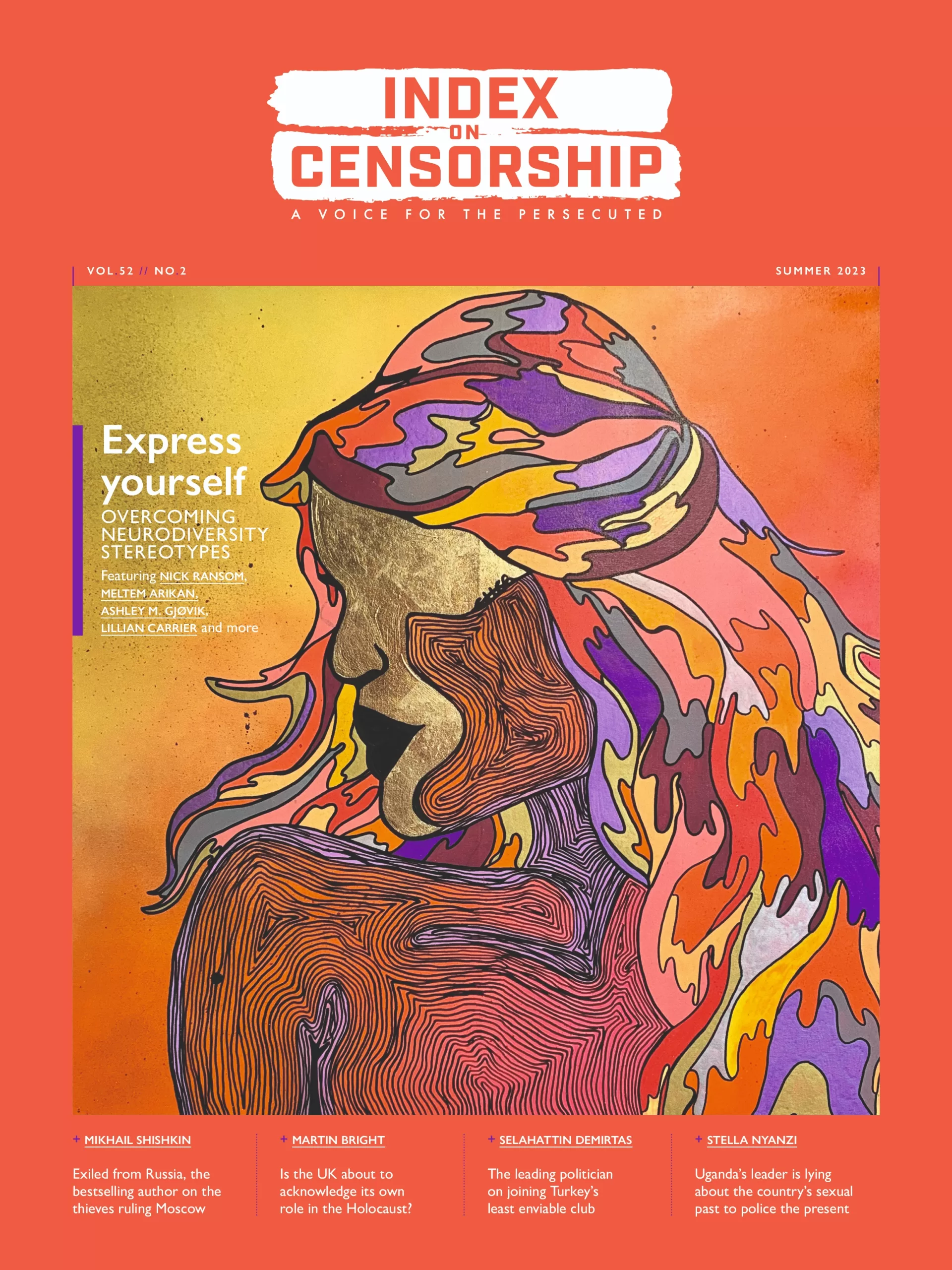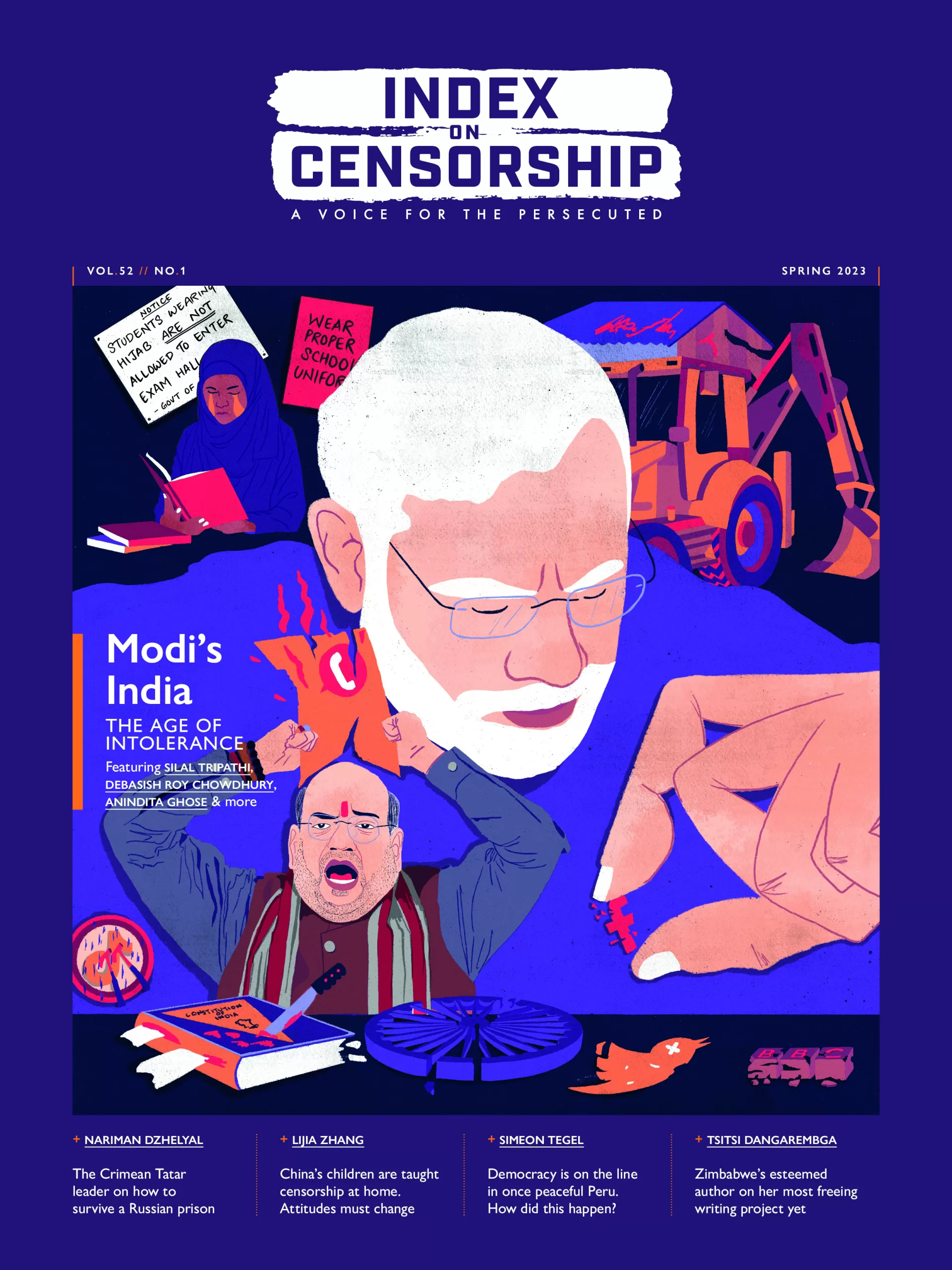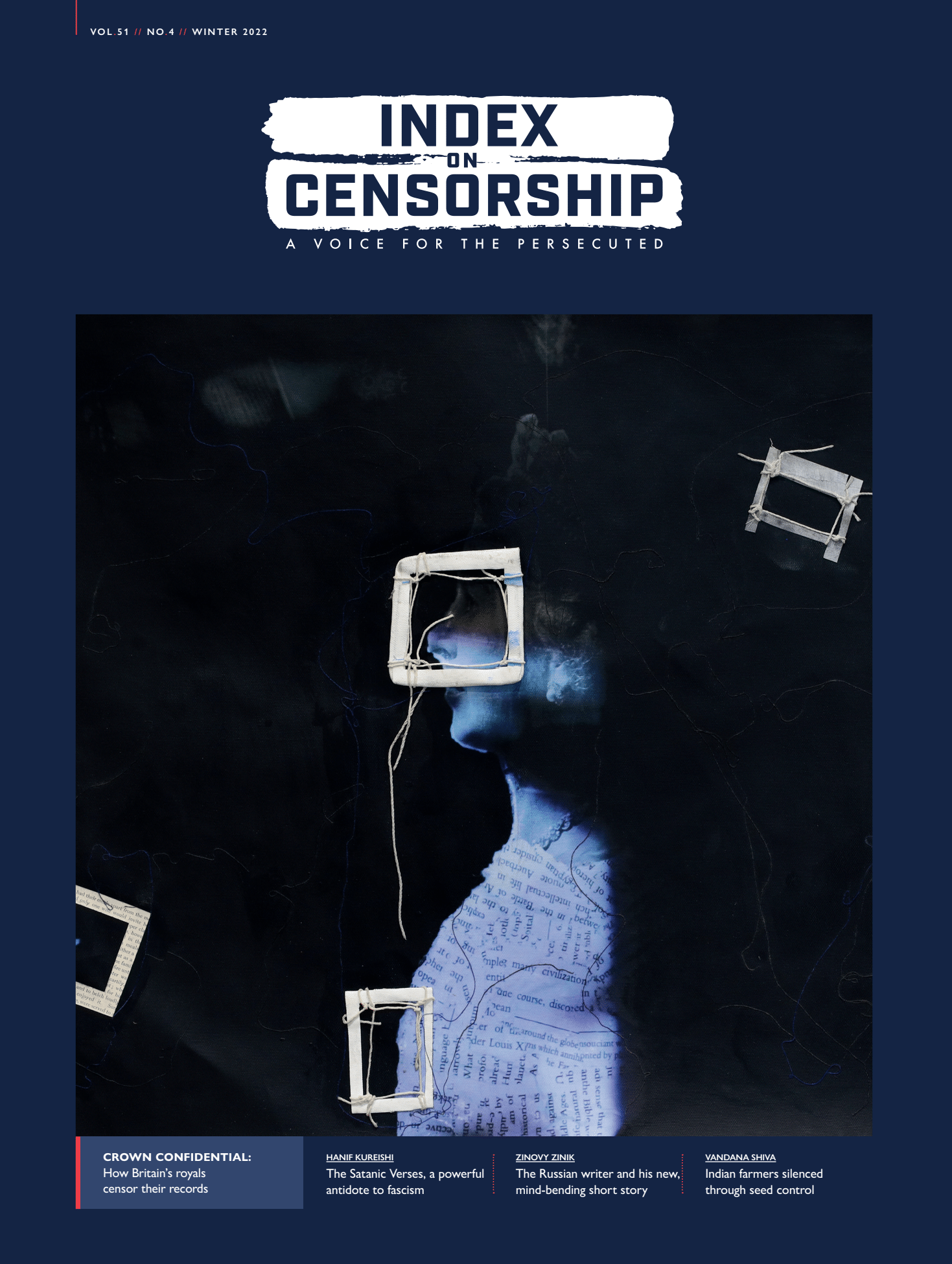[vc_row][vc_column][vc_column_text]

Tiananmen Square, 14 April 2009
By Adewale Maja-Pearce
The massacre and arrest of thousands of pro-democracy movement members in June has been followed by a purge, the biggest clampdown on dissent since the Cultural Revolution in the sixties. According to official sources, the purge and purification policy embraces education and the media, literature and the arts, and economic policy. This hardening of Party policy was confirmed by Song Ping, the newly elected member of the Standing Committee of the Party’s Politburo, the supreme decision making body, on 22 August. After attacking ‘bourgeois liberalism’, which had many supporters among top party ranks, he said that the Party’s 47 million members were to undergo ‘elimination’ and ‘purification’.
Since July, universities and other higher education institutes throughout the country have undergone purges of staff and a change of policy on student admission and curriculum. The intake of first-year university students this year has been cut from 640,000 to 610,000. The intake of Beijing University (Beida), the most prestigious in the country and the ‘hotbed’ of student movement, was slashed from 1,900 to 800. Its president, the liberal mathematician Professor Ding Shisun, has been replaced by the orthodox marxist economist Wu Shuqing. Similar changes of university, heads have been reported elsewhere.
First-year students are now required to spend a year in factories or in the countryside to familiarise themselves with the lives and work of workers and peasants’ before going to university. First-year students at Beijing University have been singled out to undergo one year’s military training before commencing studies. Those already studying must attend political indoctrination classes, especially on the official version of the ‘turmoil’ and ‘counter-revolutionary rebellion’. Sensitive subjects such as history and social science have been neutralised.New graduates have been ordered to take humble jobs far from politically sensitive cities so as to disperse and punish those who were involved in the student demonstrations. The number of students sent abroad this year has been severely reduced and their vetting made more rigorous. The number of foreign scholars and students studying in China has been reduced. The plan for sending 23 Fulbright scholars to teach in Chinese universities has been cancelled altogether by the Chinese government, apparently out of fear of American influence on the university campuses. Many see all of this as a desperate attempt to ‘nip in the bud’ any potential student protest.
Journalists and those working in the press and media have also been systematically purged and vetted. Many of them, together with the strong foreign press corps, were responsible for reporting the pro-democracy movement to the Chinese people and those abroad last spring. For about one week in May (12-19) China was said to have had the freest press in its recent history. Many of the journalists also took part in the demonstrations, demanding press freedom and honest reporting. For instance, on 9 May, in Beijing alone, there were over a thousand journalists, mostly from New China News Agency (Xinhua), the People’s Daily and China Central Television (CCTV), among the student demonstrations in Tiananmen Square.
The clampdown on the Chinese press and media started immediately after the imposition of Martial Law in Beijing on 20 May. A new working group was set up by the Propaganda Department of the Party’s Central Committee to supervise and impose stringent prior censorship on the press and media in Beijing. Troops took up position near the offices of the People’s Daily, Xinhua and CCTV to ensure that government directives were followed. However, because of the confusion and political uncertainty within the Party leadership at that time, a number of Chinese journalists continued to defy government directives. Most were later dismissed, arrested or shot when Party hardliners gained the upper hand in the political power struggle. After the massacre on 4 June, People’s Daily director Qian Liren and editor-in-chief Tan Wenrui were arrested. So were Mu Qing, editor of Xinhua and Dai Qing, the famous writer and reporter of the Guangming Daily, to name but a few.
[/vc_column_text][/vc_column][/vc_row][vc_row][vc_column width=”1/4″][vc_icon icon_fontawesome=”fa fa-quote-left” color=”black” size=”xl” align=”right”][/vc_column][vc_column width=”3/4″][vc_column_text]
Foreign journalists who ignored Martial Law were beaten up; some were detained and later expelled. The government then began to move against several Hong Kong newspapers and magazines which they controlled, but which were also sympathetic to the pro-democracy movement.
[/vc_column_text][/vc_column][/vc_row][vc_row][vc_column][vc_column_text]
Li Zisong, the publisher of the Chinese daily Wen WeiPo, was dismissed. In protest at Li’s dismissal, more than 30 members of the newspaper’s editorial staff, including its deputy editor Ching Cheung, resigned. Other independent Hong Kong publications such as Ming Pao, the Express, the Hong Kong Economic Journal, the Mirror magazine, the Emancipation Monthly and the Nineties Monthly were accused of being ‘subversive’ and warned about their maladminstration and abuse of office.
However, human rights violations continue to occur in parts of the country where rebel armies opposed to the NRM continue to offer resistance.
The Report points out that no secrecy is made about arbitrary detention in areas designated as being under a state of emergency. According to the government’s own figures, 4,183 people were held in February 1988; by January 1989 the number had fallen to 2,925.
As usual, the state of the country’s press offers a useful indicator to the right of free expression. The Report catalogues instances of government harassment of newspapers and journalists by the NRM, as follows:
Sully Ndiwalana Kiwanuka, editor of Focus, a Muslim-owned paper, was charged with sedition following an article in the issue of 4 March 1986 which reported that the NRM was finding its operation ‘rough going’ (in the rebel territories). After publishing the article, Focus claimed that security officials were ‘haunting’ its office and ‘making it impossible for us to work’. Sully Kiwanuka was arrested on 14 March 1986, held for three days and charged with sedition. He was released on bail.
In June 1986 the government banned the Weekend Digest. A government press release stated that it had been ‘reluctantly compelled’ to ban the paper after a series of ‘concocted stories’. The paper had just published a story which claimed that the DP (opposition Democratic Party) was plotting with the government of the Federal Republic of Germany and Italy to overthrow the NRM. A few days later the co-editors, Jesse Mashate and Wilson Wandera, appeared in court charged with publishing a false rumour. They were released on bail.
Francis Odida, editor of the Sunday Review, has been a repeated target of government criticism. He was charged on two accounts of seditious publication and one of publishing false news because of articles published in November and December 1986. At the end of December 1987 he was again arrested and initially charged with sedition in respect of an article he had written and published in October 1987. Odida is himself believed to be a supporter of the Uganda People’s Congress of Milton Obote. At a second court appearance in January 1988 an additional and alternative charge of treason was added. Odida remained in custody for more than seven months.
Two other Sunday Review journalists, George Ongaya and Ben Kitara, were arrested on the same day as Francis Odida but have not so far been charged.
Four employees of The Telecast, an independent daily, including the editor, Tony Owana, were arrested by the army and briefly held for questioning on 10 December 1987. The arrests were prompted by two stories in its 9 December issue, one claiming that 27 people at an NRM political school had died of rabies, the other quoting a denial by a senior army officer that he was building himself a house in a Kampala suburb. The Telecast immediately published a front-page apology to the NRM for the rabies story, but charges of sedition and libel respectively are apparently still pending.
Antholy Ssekweyama, was arrested along with a number of prominent figures in October 1986 and charged with plotting to overthrow the government. The charges against him did not mention his activities as a newspaper editor. In March 1988 the High Court acquitted him and he was released from custody.’
On 29 December 1987 the paper’s acting deputy-in-chief, John Kakooza, was arrested by police on a charge of seditious publication. He was released on police bond. The charge apparently concerned three separate items that appeared in the weekly: a report which stated that opposition guerrillas controlled tracts of territory in the Teso region; a commentary on the political implications of a religious rebellion; and a line-drawing of Museveni which was deemed to be disrespectful. These instances apart, the press in Uganda remains in a far healthier state than at any time in the previous 20 years.
[/vc_column_text][/vc_column][/vc_row][vc_row][vc_column width=”1/3″][vc_custom_heading text=”What Price Protest?”][vc_column_text]The winter 2017 Index on Censorship magazine explores 1968 – the year the world took to the streets – to discover whether our rights to protest are endangered today.
With: Ariel Dorfman, Anuradha Roy, Micah White
[/vc_column_text][/vc_column][vc_column width=”1/3″][vc_single_image image=”96747″ img_size=”full”][/vc_column][vc_column width=”1/3″][vc_column_text]In print, online. In your mailbox, on your iPad.
Subscription options from £18 or just £1.49 in the App Store for a digital issue.
Every subscriber helps support Index on Censorship’s projects around the world.
![]() SUBSCRIBE NOW[/vc_column_text][/vc_column][/vc_row]
SUBSCRIBE NOW[/vc_column_text][/vc_column][/vc_row]


